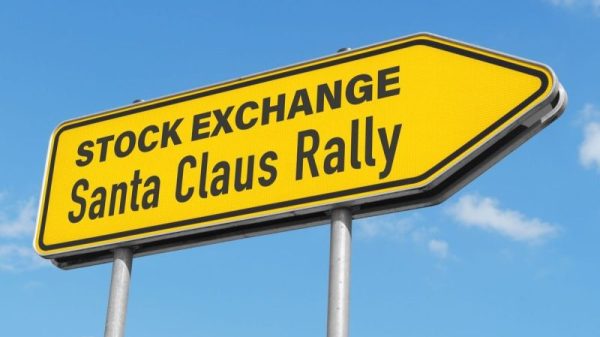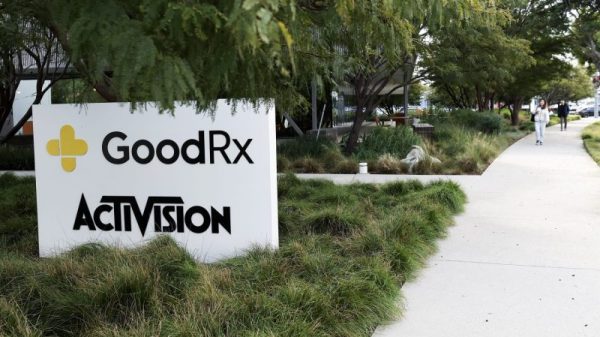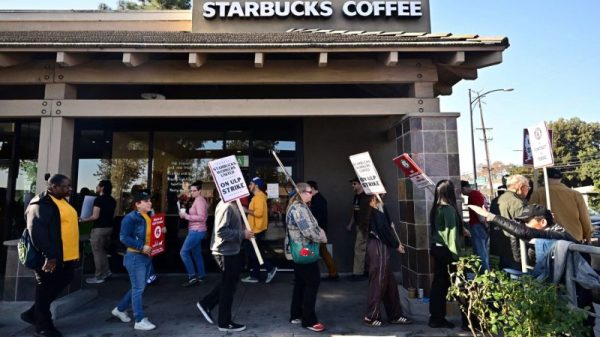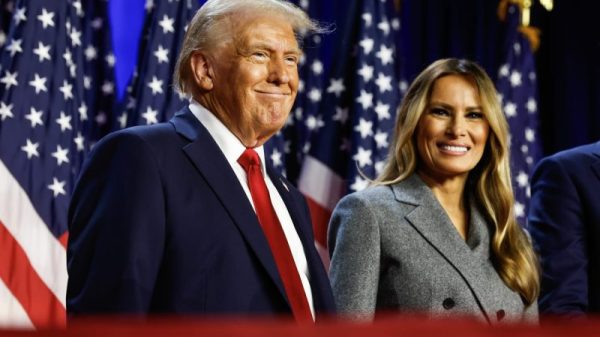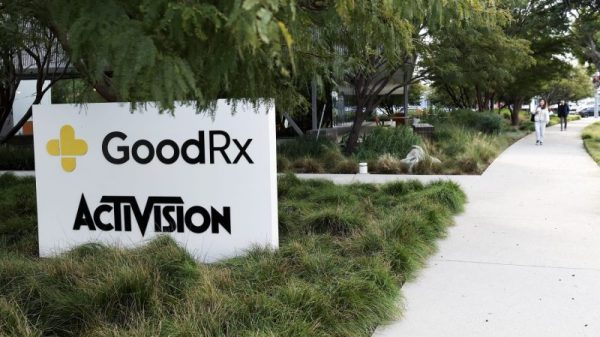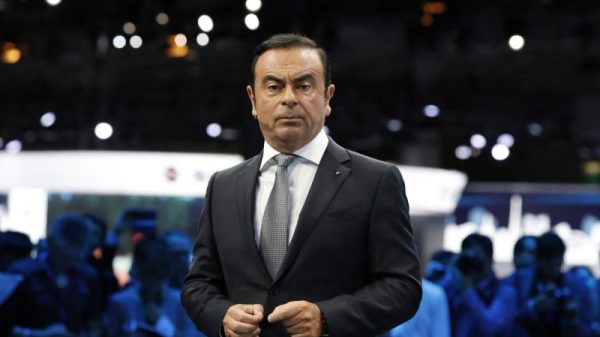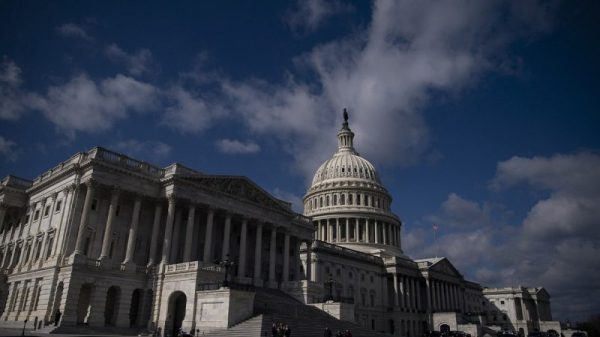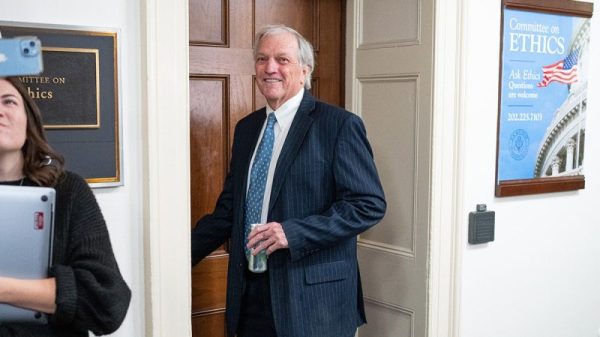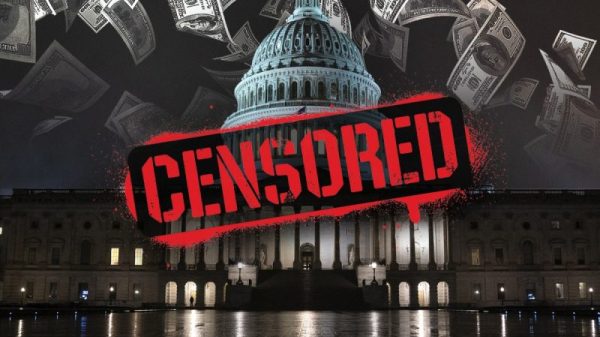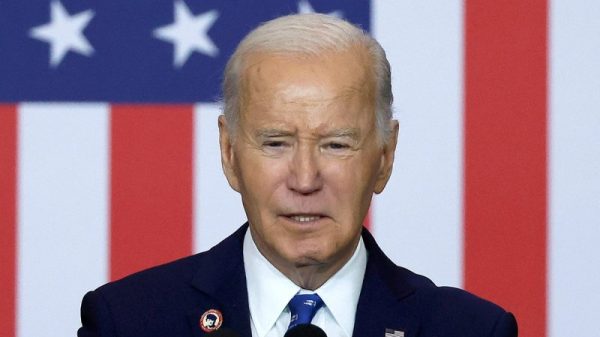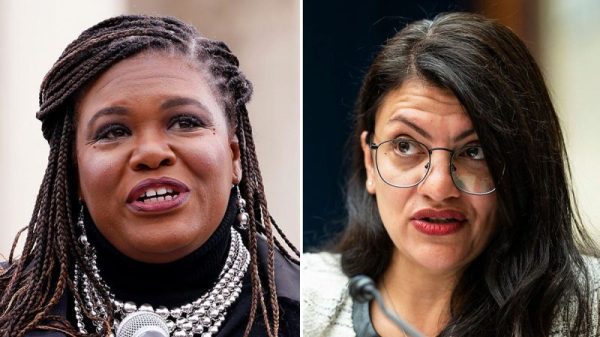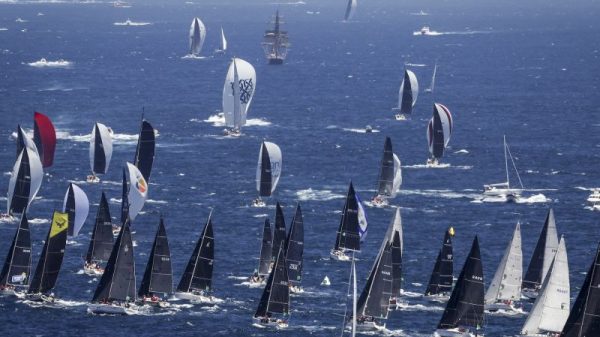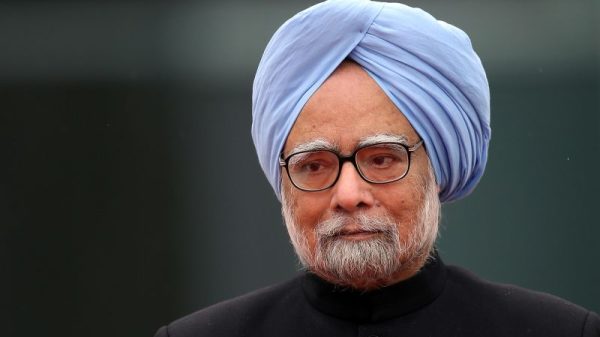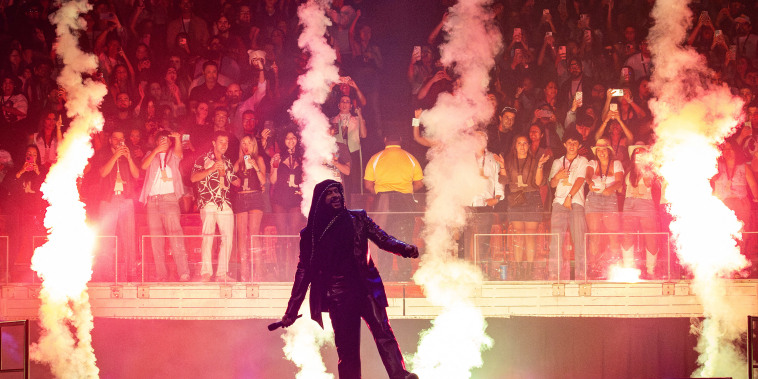A series of tour cancellations and changes by big-name artists has sparked questions about whether the post-pandemic live music boom could be cooling, as consumer spending fatigue meets elevated ticket prices.
On Friday, Jennifer Lopez announced she was canceling her 2024 tour, citing a desire to spend more time with her family. Meanwhile, the Black Keys announced they were abandoning a stadium tour in favor of a series of shows at smaller venues.
Both tours had recently become the subject of social media fodder, namely screenshots showing empty venues at select tour dates. (NBC News could could not directly verify their authenticity.)
Indeed, some of the evidence of a slowdown is anecdotal. SeatGeek said in an email that the average resale ticket price to attend a summer concert is down to $213 from $257 around this time last year. The company suggested some of the decline could be attributed to the absence of megatours on par with Taylor Swift’s “Eras Tour” and Beyoncé’s “Renaissance” outings last year.
For artists whose popularity has crescendoed, there appears to be plenty of demand — and high prices. The average resale price for Olivia Rodrigo’s “Guts” tour is $571, and the next-highest is $409 to see Morgan Wallen, according to SeatGeek data first reported by Axios.
Many of those tours are being sold through Ticketmaster and its parent Live Nation. And prior to facing landmark accusations that it is a monopoly, a claim it denies, Live Nation reported its biggest first quarter ever, with $3.8 billion in revenues. Its concerts business alone was up 26% to $2.9 billion, while “estimated fans” globally were up more than 20%, and up 42% in North America.
Yet official government data points to the makings of a return to a more normal pace for live music event sales after a post-pandemic boom. The U.S. Bureau of Labor Statistics reported last month that movie and concert admissions prices climbed just 3.4% year over year through April, the lowest reading since 2021 and the second-consecutive month showing a slowdown.
Dave Clark, editor of Ticket News, which tracks the live entertainment industry, said the period of explosive live music growth following pandemic reopenings may in hindsight be seen as an aberration: People were simply more eager — and more financially able — to go to as many shows as they could after months cooped up indoors.
This year, Clark said, a reckoning may be emerging.
“The days where there was enough demand to sell out arenas at top dollar just isn’t there in this live events economy — outside of people like Taylor Swift who can sell whatever they want wherever they want,” he said.
At a time when many consumers are struggling to pay for basic necessities, he said, “people are seeing some of the prices they’re asking and just saying, ‘Hard pass.’”
Another factor may be a supply issue, Clark added: too many acts trying to tour at once, or too many times. In the pre-streaming era, bands would go on tour as a way of marketing an album. These days, he said, it’s reversed, since the returns on recorded music have shrunk dramatically.
“Now they’re making records to sell the tour,” he said. “That paradigm has a lot to do with it. It’s just a very overloaded market.”
The Black Keys did just release a new album, and its debut single hit No. 1 on Billboard’s Alternative Airplay chart in March.
Still, the rock duo announced it would cancel and reschedule its summer touring plans, switching from arenas to other venues that provide a more “intimate experience,” according to the band. The new dates have not yet been announced.
The Black Keys aren’t the only group that may be falling victim to costly concert fatigue.
Pop-rock band 311 announced it had canceled upcoming European tour dates due to the “rising costs of touring overseas,” which made completing certain portions of the tour “unfeasible.”
Other stars including Pink and Justin Timberlake have also recently canceled specific show dates, while the Jonas Brothers recently postponed their upcoming European tour, though none officially cited financial concerns as reasons for doing so.
“I think with all that competition for fan dollars, it was obviously natural that some artists were going to lose,” said Bill Werde, director of the Syracuse University Bandier Program for Recording and Entertainment Industries.
There are still plenty of large-scale tours planned for this summer that, so far, appear to be unaffected by flagging demand. Hootie & the Blowfish have 48 dates booked this year, while Dave Matthews Band is slated for 34. Other top acts hitting the road include Maroon 5, Zac Brown Band, Red Hot Chili Peppers, Kenny Chesney and Chris Stapleton.
But experts say recent economic trends in the live-music industry, especially the type of consolidation the Justice Department is now targeting, have translated into fewer smaller-sized venues.
That’s made it more difficult for a given tour date to make financial sense for the artist, venue and promoter.
“Some shows, they can’t afford to drop prices; they can’t afford to wait to try to sell out the rest of the building,” Clark said.
If there is uncertainty about all stakeholders being able to at least break even, he said, the show might get canceled.
Such realities have collided with a more circumspect concertgoer. Brittney D’Mello, a 23-year-old K-pop fan from New Jersey who works in corporate marketing, posted to X about her frustrations with the current touring landscape.
“The tickets are too expensive,” D’Mello said. “There’s only a SMALL amount of people (10%) that will spend $500+ on vip/floor/premium,” she said. “The rest of us have budgets and won’t spend $100 on nosebleeds,” she said, referring to seats that are typically the farthest away from the stage.
“Everyone is touring this year … and we only have money for 2-3 concerts MAX,” she added.
In a follow-up interview with NBC News, D’Mello said she simply decided to cap her concert budget.
“I will only go see two artists that are my tried-and-true favorite artists,” she said. “But I won’t be casually going to concerts anymore. And after going to concerts twice, I think that’s where I stop.”



